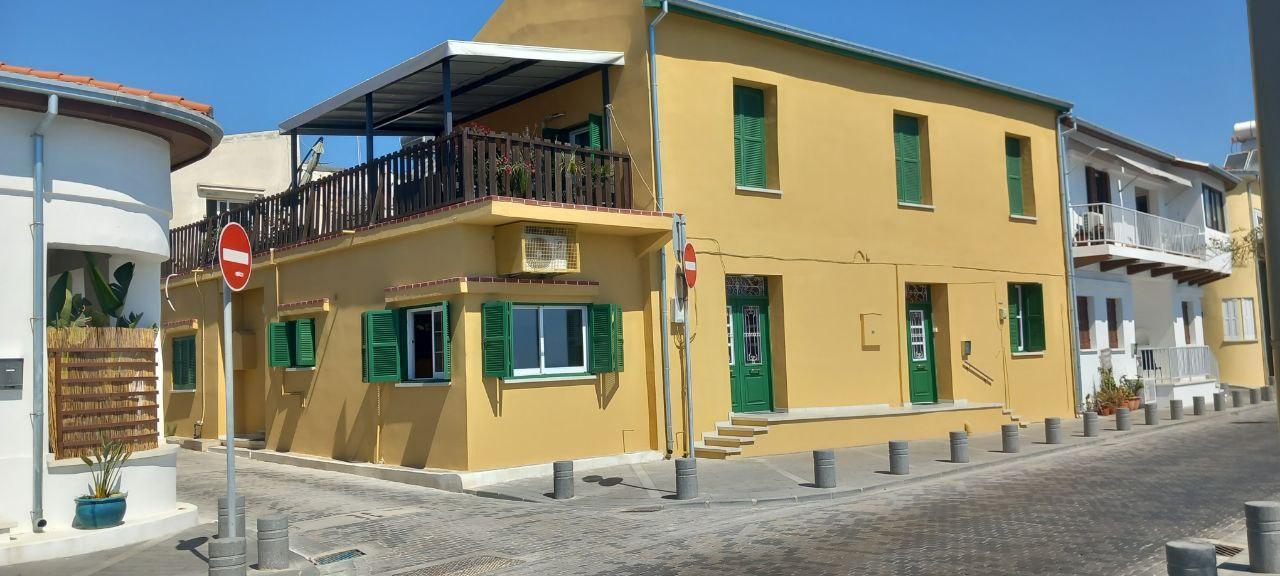In Cyprus, a regular session of parliament was held, during which a serious scandal broke out.
The main topic of discussion was once again the issue of the illegal rental of property belonging to Turkish Cypriots.
AKEL MP Nikos Kettiros said that the refugees' property was controlled by criminal circles and that the income from renting it out did not reach the rightful owners. This conclusion was refuted by the Cypriot interior minister, Constantinos Ioannou. He said that his department had received no formal complaints and suggested that Kettiros provide evidence to the police.
The minister said that a bill had been submitted to parliament to introduce a new approach to the management of private property. It aims to create a fair and transparent system for the distribution of Turkish Cypriot property. Ioannou cited the example of a building worth €4 million with a market rent of up to €6,000 per month. However, it is currently rented out for only €30. In order to solve such problems, controls are being tightened and measures are being developed to increase revenues, which will be used to support refugees.

It should be recalled that after the Turkish occupation of the northern part of Cyprus in 1974, the properties of the Turkish Cypriots in the south of the island were taken over by the Ministry of Interior of the Republic of Cyprus.
As the Greek Cypriot refugees needed accommodation, the government decided to rent them the houses and apartments of the Turkish Cypriots who had left in 1974. They were charged a small fee for the rent. One of the conditions was the obligation to return the property to its rightful owners, the Turkish Cypriots, if necessary.
In 1991, a special service was set up to manage Turkish Cypriot properties, the Guardian of Turkish Cypriot Properties. Since its inception, a number of irregularities have been uncovered in the rental of such accommodation. In particular, many tenants sublet the properties allocated to them, which is strictly prohibited. They did not declare the money they received from subletting to the Department of Taxes and Levies, and consequently did not pay taxes on it. This went on for at least ten years. Now the Ministry of the Interior wants to put a stop to this.

